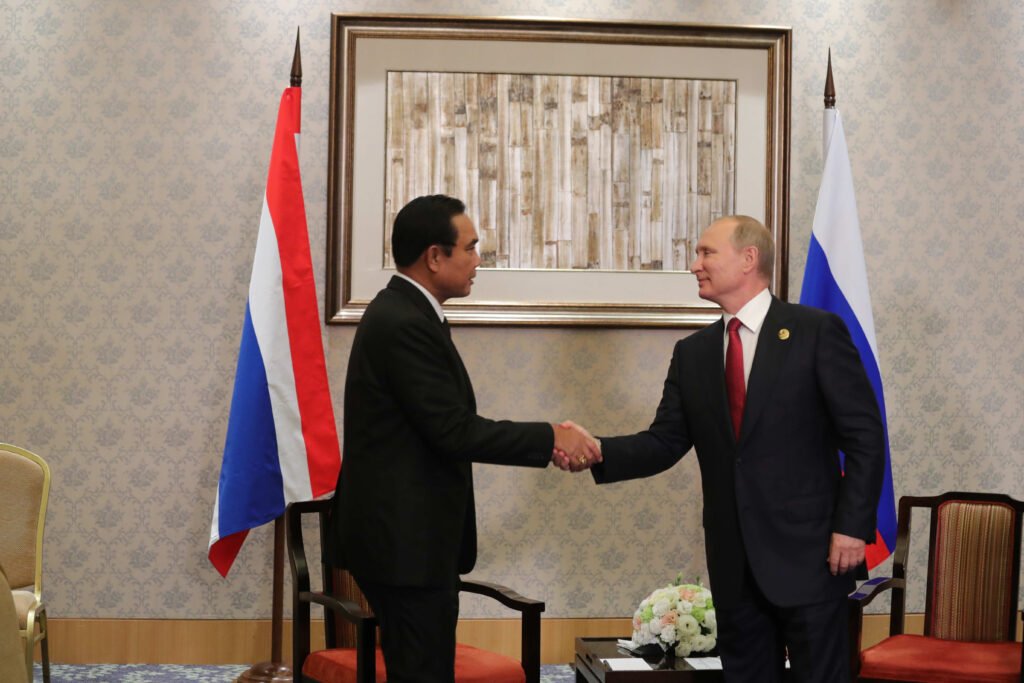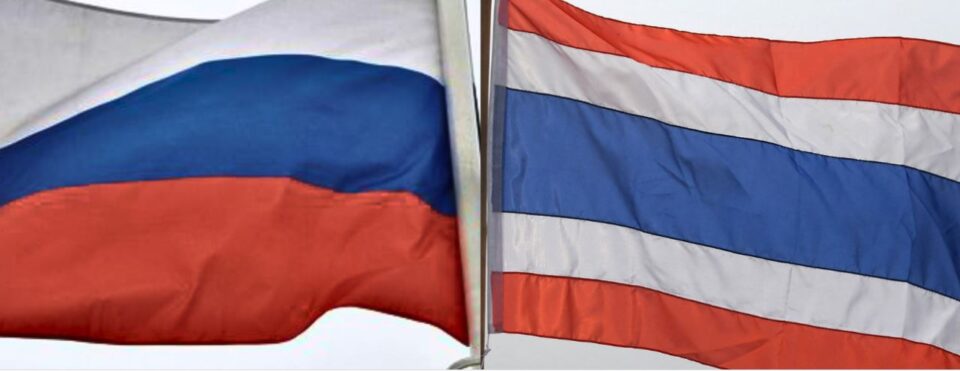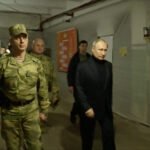On April 26 and 27, Thailand and Russia will hold a Joint Thai-Russian Commission on Bilateral collaboration in Bangkok to advance their shared interests in collaboration.

Before the general election on May 14th, it will be the caretaker Thai government’s final significant bilateral meeting.
To foster ties between the two countries, the commission was founded in 1993. The 8th edition of the summit will take place in Bangkok and will build on the accomplishments of 2022. Don Pramudwinai, the foreign minister of Thailand, will preside over the meeting, and Sergey Lavrov, the foreign minister of Russia, will be represented by Alexey Chekunkov, the minister for development of the Russian Far East and Arctic.
More than a dozen organizations interested in various aspects of Thai-Russian collaboration will send members to the joint committee. The meeting will look back on the various areas of collaboration from the previous year and share ideas on how to further advance and strengthen cooperation in areas of shared interest, including political, security, economic, scientific and technology, agricultural, educational, and cultural challenges.
Prior to 2022, Thai-Russian ties were quite active and there was actual cooperation in a number of areas. For instance, celebrations for the 125th anniversary of the beginning of diplomatic relations took place last year, and there were also multiple exchanges of high-level visits and meetings. Regular meetings of a number of sub-commissions and joint working groups were held, including those on agriculture, banking, energy, tourism, environment, and security as well as those on economic cooperation and trade.
387,500 Russian tourists had visited Thailand two months after it reopened its borders to visitors, accounting for more than 90% of all visitors.
Thailand has maintained its autonomous policy and impartial stance in the face of persistent pressure from its Western partners and friends to adopt a tough stance toward Russia. Thailand supported both of the UN General Assembly resolutions during the Russia-Ukraine conflict, but chose to abstain on the resolution pertaining to the largest European conflict since World War II.





